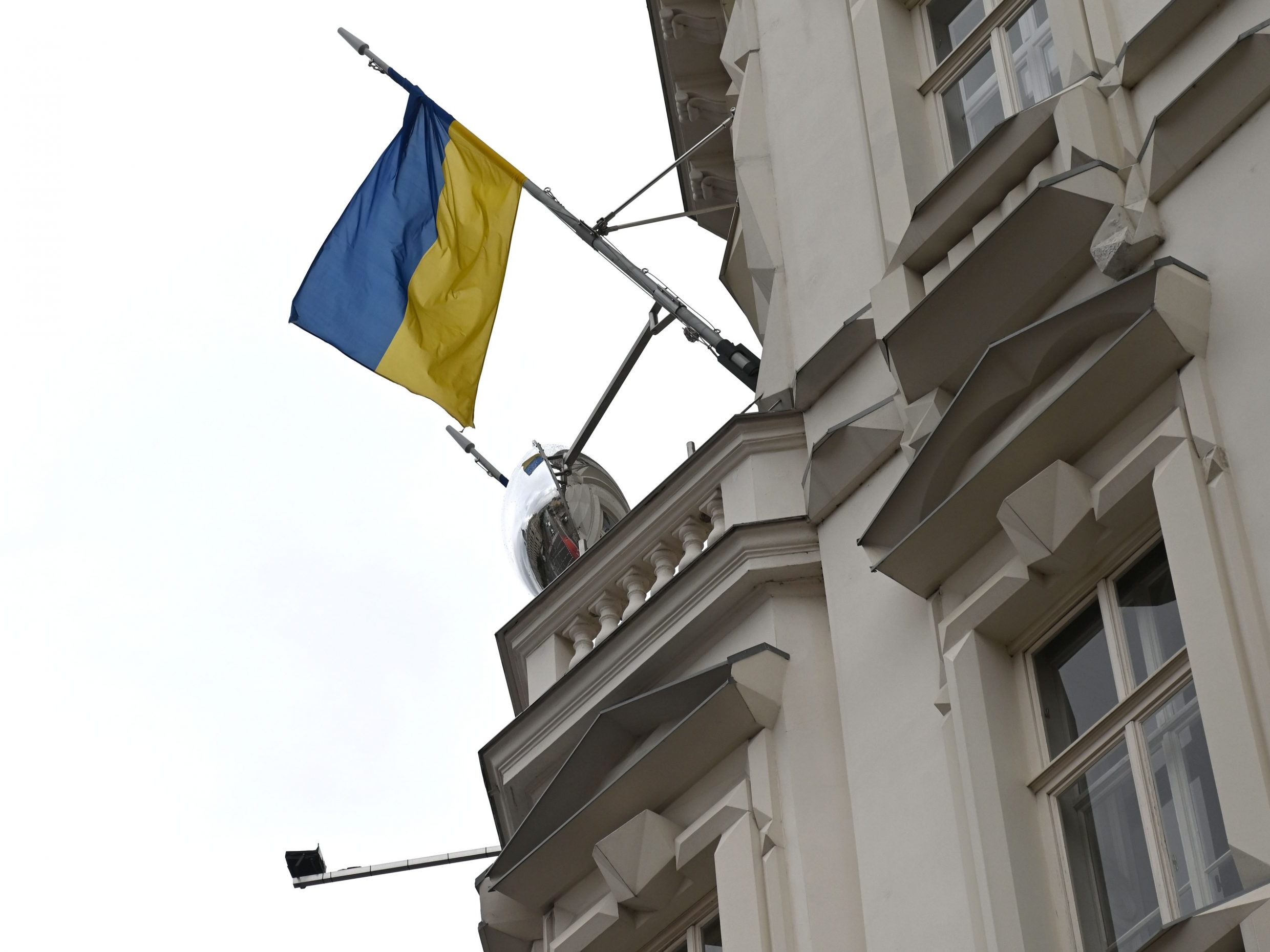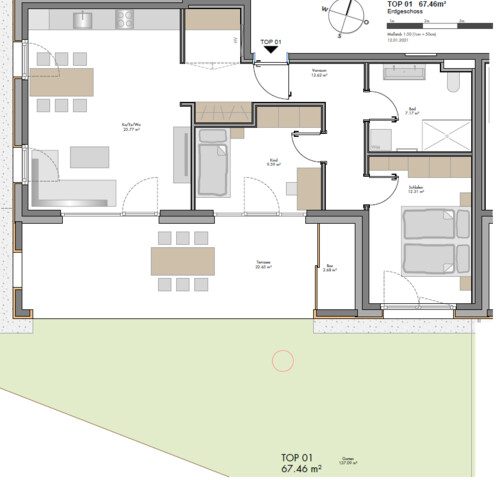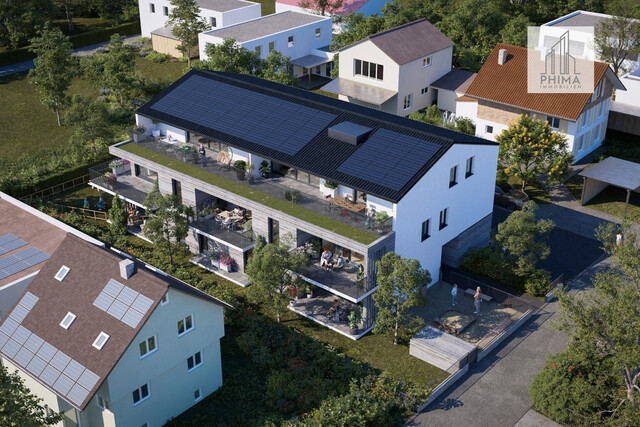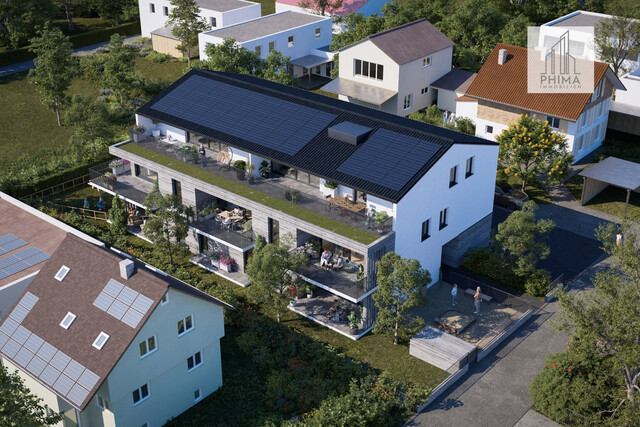Ukraine - Participation in EU Mission? Austrians Not in Agreement

There is disagreement among Austria's population regarding a possible deployment of the Federal Army in Ukraine. However, the proposal to host peace talks between Russia and Ukraine in Austria finds significantly more approval, as a survey by the Gallup polling institute revealed. According to this, 53 percent of respondents support EU peacekeeping troops in Ukraine in the event of a ceasefire. 27 percent oppose this, and 20 percent are undecided.
Deployment of Austrian Soldiers?
42 percent of respondents can imagine deploying Austrian soldiers for peacekeeping, while 44 percent are against it. 14 percent do not express an opinion. Those under 30 (55 percent), people with higher education (53 percent), as well as supporters of the Greens (63 percent) and NEOS (55 percent) are predominantly positive about this. Rejection of the idea is highest among FPÖ sympathizers (66 percent).
According to Gallup, the population sees Austria primarily as a diplomatic actor in international politics. Thus, unarmed peace missions are compatible with Austrian neutrality for 79 percent of respondents. Additionally, 82 percent agree that Austria, as a neutral state, should pursue an active peace policy and mediate in international conflicts.
Majority for Peace Talks in Austria
Two-thirds (66 percent) of respondents in the survey are in favor of peace talks between Russia and Ukraine taking place in Austria. This proposal is most frequently supported by people with higher education, supporters of the SPÖ and the Greens, as well as the Viennese population.
"The ambivalent attitude towards an Austrian peace mission in Ukraine reflects not only geopolitical uncertainties. Austria's neutrality also plays an important role. Those who support it are more likely to reject an armed mission, such as older people or FPÖ supporters," emphasizes Andrea Fronaschütz, head of the Austrian Gallup Institute. The preference for diplomacy also corresponds to Austria's historical role as a place of international dialogue.
(APA/Red)
This article has been automatically translated, read the original article here.
Du hast einen Hinweis für uns? Oder einen Insider-Tipp, was bei dir in der Gegend gerade passiert? Dann melde dich bei uns, damit wir darüber berichten können.
Wir gehen allen Hinweisen nach, die wir erhalten. Und damit wir schon einen Vorgeschmack und einen guten Überblick bekommen, freuen wir uns über Fotos, Videos oder Texte. Einfach das Formular unten ausfüllen und schon landet dein Tipp bei uns in der Redaktion.
Alternativ kannst du uns direkt über WhatsApp kontaktieren: Zum WhatsApp Chat
Herzlichen Dank für deine Zusendung.








